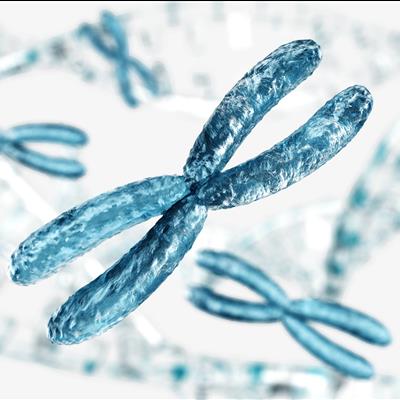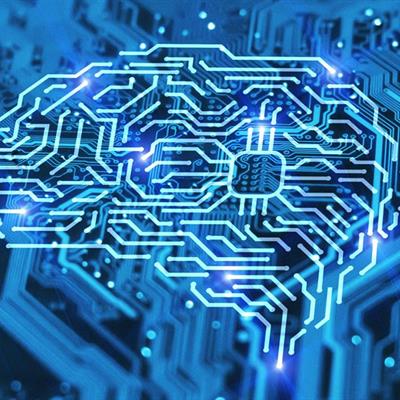July 5, 2022 -- Researchers at the University of Buffalo found that a convergent mechanism involving two genes may be responsible for how autism spectrum disorder/intellectual disability (ASD/ID) develop.
The genes, ADNP and POGZ, are ranked the highest for predicting ASD/ID and new research published on July 1 in the journal Brain shows mutations in these genes result in abnormal activation and overexpression of immune response genes and microglia. Because the gene mutations activate microglia and overexpress immune genes, the hypothesis is that this causes abnormal function of brain synapses, which is a characteristic of ASD/ID.
The researchers studied postmortem brain tissue from humans with ASD/ID, as well as mice studies where the genes were silenced through viral delivery of small interference RNA. The mice exhibited impaired cognitive task performance, such as spatial memory, object recognition memory, and long-term memory.
Future research may determine whether chronic neuroinflammation could be directly contributing to at least some cases of ASD/ID, in which case targeting microglia or inflammatory signaling pathways could prove to be a useful treatment.
Copyright © 2022 scienceboard.net









